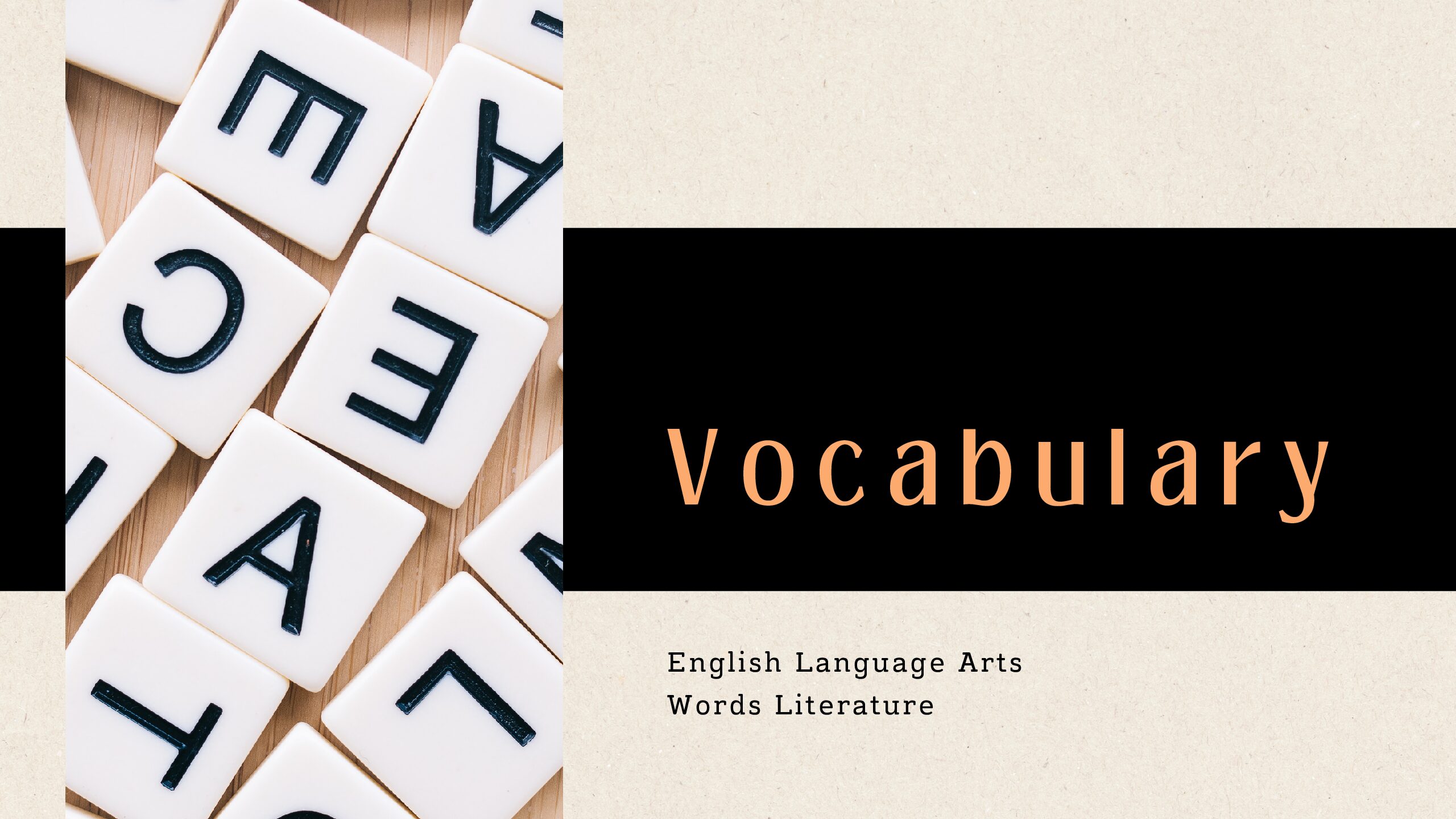A while back in India, talking in English was a very big deal. Remember those school rules? “English only, no Hindi, no Marathi, no Kannada in the corridors.” Kids would actually get fined or scolded for slipping into their mother tongue. Speaking in English was almost a badge of being “smart” or “modern.”
Fast forward to today and things have flipped. Every state now wants its own language in the spotlight, boards, announcements, even ruckus over signages. But through all this, I still feel English is still here to stay. Although it might be a bit twisted, stretched, and given our own desi masala flavor. Here are some of the words we’ve cheerfully bent out of shape, without a shred of guilt, hehe..!!
1. Literally
(Drama is our middle name)
We say: “I literally died laughing.”
Truth: Unless you’re reading this from the afterlife, you didn’t actually die. “Literally” means exactly as stated. But in India, we use it like extra mirchi in a curry for that extra zing!
2. Peruse
(Skimming in the name of studying.)
We say: “I perused the notes quickly.”
Truth: Nope. “Peruse” means read carefully or study in detail, not “flip through two minutes before the exam.” But hey, even our shortcuts deserve fancy words.
3. Ultimate
( Because why stop at best when you can be ultimate?)
We say: “This chaat stall has the ultimate panipuri!”
Truth: “Ultimate” technically means the final or last in a series. But for us, it’s a synonym for the best ever. And honestly, pani puri deserves nothing less.
4. Prepone
( India: 1, English: 0)
We say: “The meeting is preponed to 2 PM.”
Truth: This word doesn’t even exist in global English. We invented it to balance “postpone.” Honestly, Oxford should thank us, we fixed their gap!
5. Cousin Brother / Cousin Sister
( We like our relations crystal clear.)
We say: “Meet my cousin brother.”
Truth: In English, “cousin” is gender-free. But Indians are practical people, we love clarity. Why leave it vague when you can specify?
6. Passed Out
(Graduated… or fainted? You decide)
We say: “I passed out of college in 2010.”
Truth: In English, “passed out” means fainted. The correct word is graduated. But given how exams feel, fainting and finishing often go hand in hand.
7. Revert
(Emails aren’t complete without it)
We say: “Please revert back at the earliest.”
Truth: “Revert” already means reply or return. That “back” is just extra weight. But admit it, your email feels naked without it.
8. Discuss About
(Double protection, Indian style)
We say: “Let’s discuss about it later.”
Truth: “Discuss” already implies “about.” But we love a little safety net. Why use one word when two feel more secure?
9. Good Name
(Apka shubh naam kya hai?)
We say: “What’s your good name?”
Truth: English has no such thing. But “good name” carries warmth and courtesy. And honestly, it sounds sweeter than plain “What’s your name?”
10. Give an Exam
(Teachers, students, everyone’s giving, no one’s taking.)
We say: “I’m giving my exams next week.”
Truth: Students take exams. Teachers give exams. But in India, everyone’s a giver. So generous! :p
Now, does it matter that we use these words “wrongly”? Honestly, no. As long as two people talking get each other, the job is done. That’s the whole point of language, right? to connect, not to police.
Words are slippery little things. They carry history, shifts in meaning, and cultural quirks. The good news? Language is alive, and even when we “misuse” words, if enough people do it, the dictionary eventually will have to accept it. So rather than finding the right words, here is to finding the words that make us happy, make us feel right at home, like literally..!! 😉
Love & Icecreams
Sneha Singhvi





